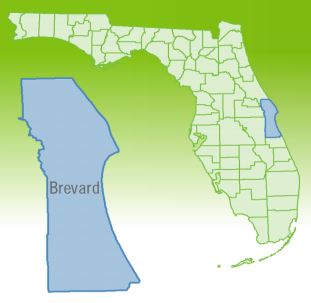Your Tax Benefits
Are You Making the Most of Your Tax Benefits?
As a caveat it is always a good idea to consult your tax attorney or accountant if you are unsure about what you qualify for particularly if you are a new homeowner and you haven't previously claimed real estate deductions. A professional can help guide you to your best bets for deductions and also help you identify the supporting documents that you will need to provide when filing this season.
For most homeowners filing an annual tax return means an opportunity to capitalize on the Mortgage Interest Tax Deduction which allows a property owner a deduction on mortgage interest paid on a primary or secondary residence. Many property owners find that this is the largest tax deduction they can claim.
Residential property owners in Massachusetts also pay real estate property taxes which are usually tax deductible for the property owner and are collected by the municipality in which the residence is located. Although homeowners should receive notification of the amount of tax due to be collected the payments are generally paid by the mortgage holder from an escrow account that was established when the home was purchased.
Additionally certain real estate tax exemptions exist for qualifying homeowners which may include senior citizens the blind disabled veterans surviving spouses those facing extreme financial hardship and certain other individuals who demonstrate eligibility. As always you will want to check with a professional to see whether you qualify for this type of exemption as it carries certain income and residency requirements.
New homeowners have some special tax considerations that may benefit them. Buyers who pay points at closing in order to lower the interest rate of their loan will find that points are often tax deductible in the year that the home was purchased – or sometimes throughout the life of the loan. The same is true of points paid during a mortgage refinance. And those homeowners required to pay private mortgage insurance (PMI) to compensate for low initial equity in their home will find that their PMI premiums are also deductible under current tax law.
Some selling costs are also tax deductible. Check your eligibility for claiming deductions for real estate broker's commissions legal fees title insurance and inspection fees.
Massachusetts tax law also allows for deductions of interest on certain new construction loans and equity loans used to improve your home or loans secured by your home in order to make other purchases. These deductions carry certain restrictions and eligibility varies depending on whether you file jointly or separately so it is best to determine your personal circumstances with the assistance of a tax professional.
Although tax time can be an anxious time it's important to remember that as a real estate owner in Massachusetts you could stand to reap a number of tax benefits. Before you file this year make sure that you educate yourself about the benefits and deductions that you qualify for.
Source: Susie Shortsleeve






